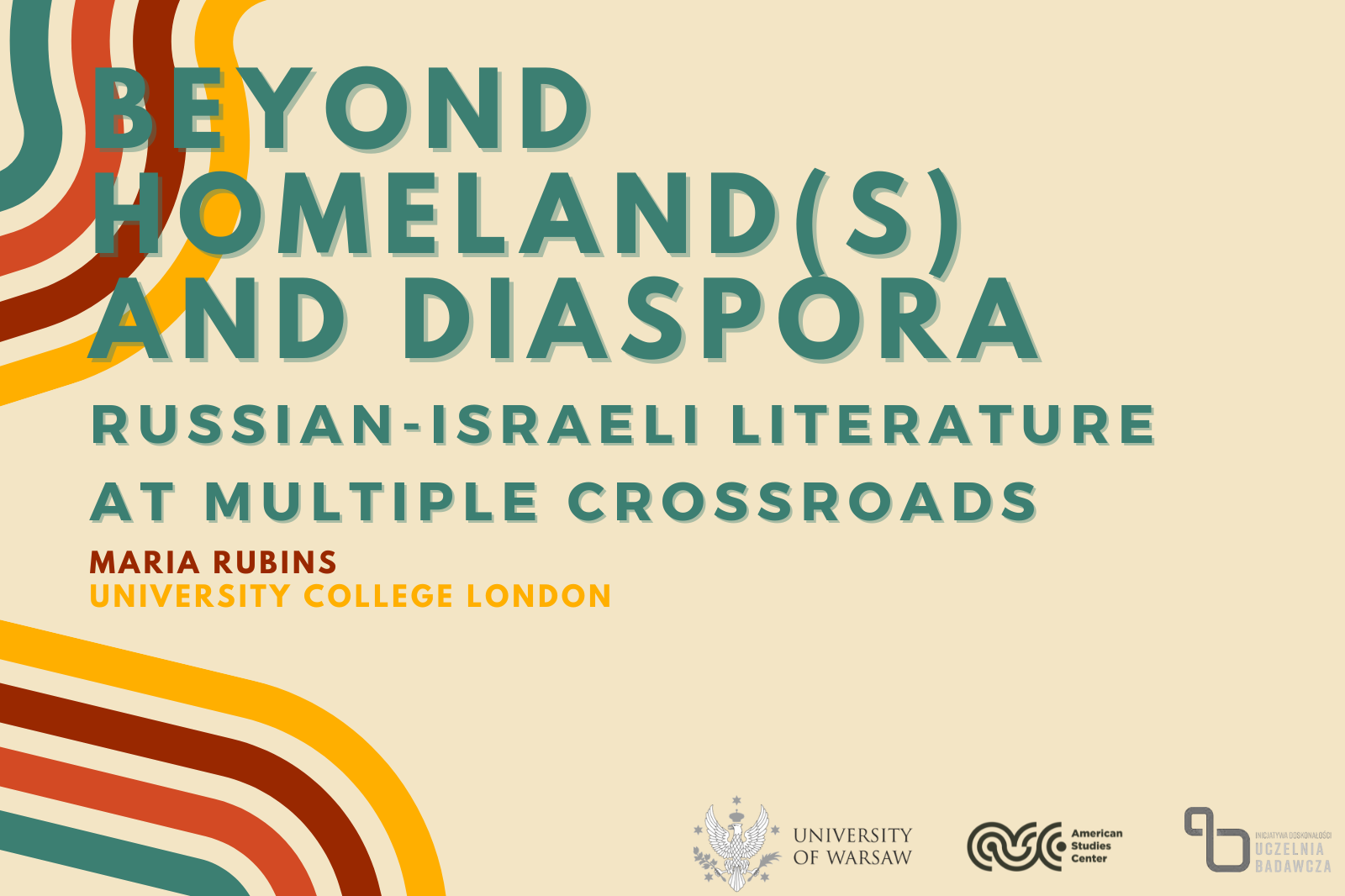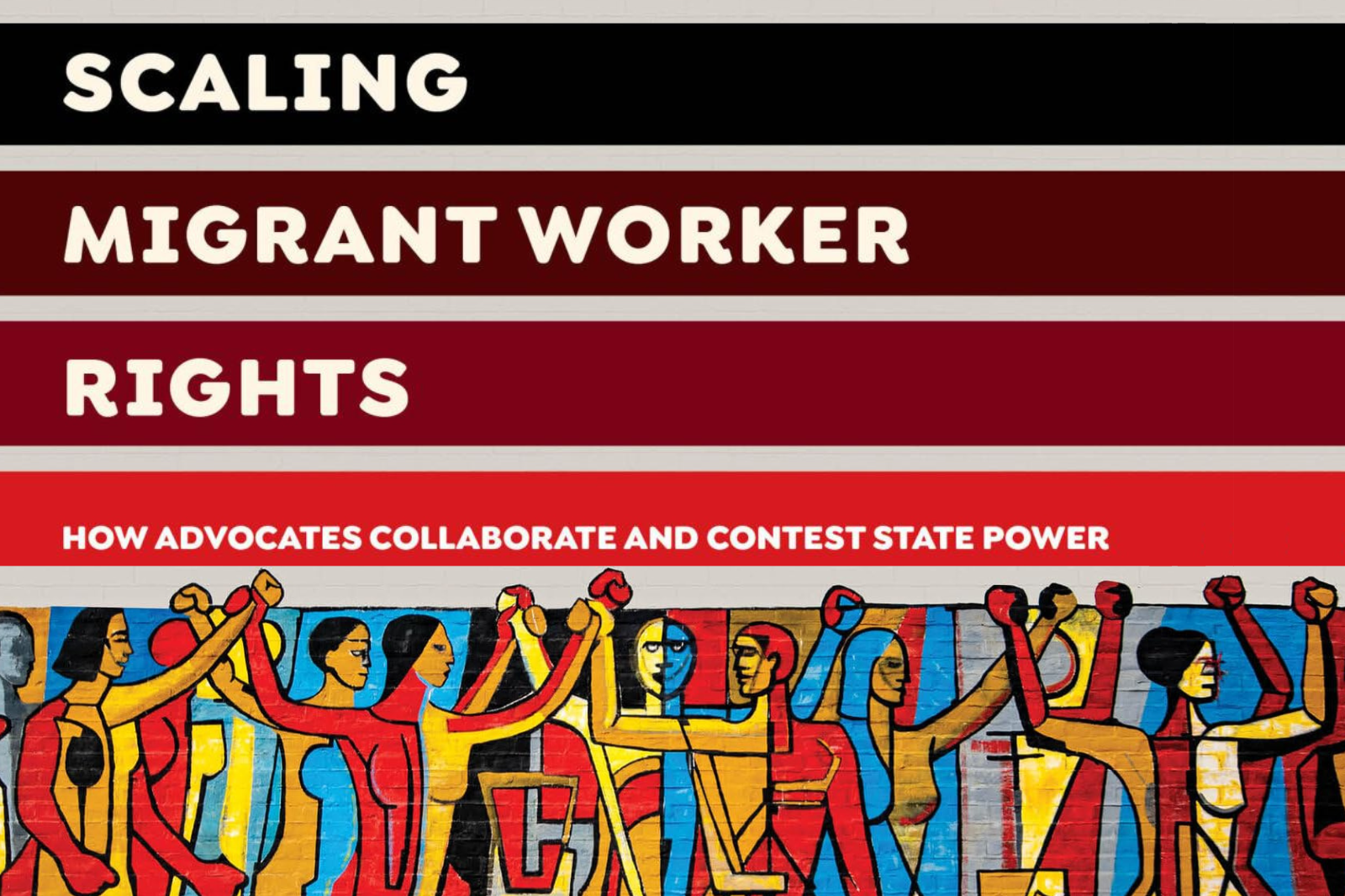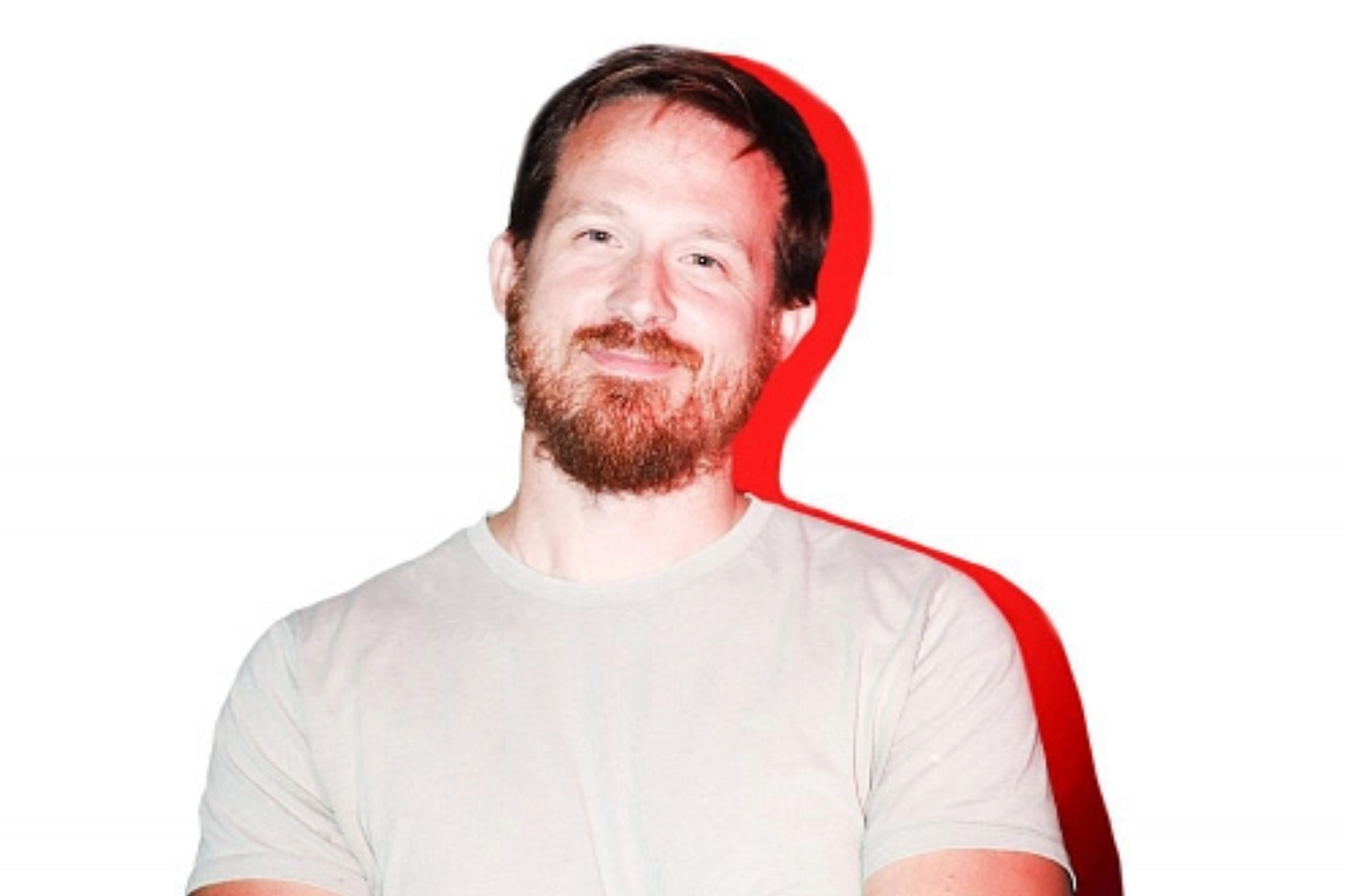Dear Students,
It seems that we are not going to meet in person any time soon.
On 24 April 2020, at the press conference of the Ministry of Science it was announced that university activities are going to be restricted until 24 May 2020.
Moreover, on 16 April 2020, a new law was passed which requires new operational procedures for the universities. So, the Rectorate is busily at work to address the issue, and we are expecting a set of guidelines and procedures soon. One of the implementations we need to make is, for example, recording of the exams. We will see what else will follow.
Early this month, on 02 April 2020, there was a Q&A session with Prorector Choińska-Mika (https://www.uw.edu.pl/prorektor-ds-studentow-i-jakosci-ksztalcenia-odpowiadala-na-pytania-studentow-i-doktorantow/). Since the Rector addressed a few very important topics, I think I should pass them on to you:
1. Foreign language certification exams: they will not take place as scheduled but they will be carried out. Most probably, they will be taken in small groups with priority given to third-year students
2. Physical education classes: the university is planning regular courses during the summer for students eager to take them but from the beginning of May there will be also online courses with exercises given for the students to perform. This will provide an alternative to pass the course.
3. Makeup classes during holidays: It seems we are lucky in this respect as all our course went online. The rule is that the program has to be completed, so wherever the courses have not been moved online, they would have to be made up for in real life during the summer. Rector Choińska said she would like to keep the 30 September 2020 deadline to close the academic year 2019/2020 if possible. Prof. Choińska also said that the departments which carried their classes as usual would not have to have their academic year prolonged. I hope we will manage to save at least part of our holidays this year.
4. Aid for students: There are a couple of solutions implemented to ease the financial burden of students in these difficult months. These include 1) a possibility to get financial aid (zapomoga) by these who qualify twice not once a year as it used to be; 2) simplified procedures to apply for financial stipend (please, see the university website); 3) recommendation to help tuition paying students by withholding interest on unpaid tuition and extending payment deadlines (upon student’s request)
These were the most important issues covered during the meeting.
As for other news:
1. At the beginning of May, we are promised by the Rectorate an updated calendar for June-September 2020, and the reorganization of the summer exam session;
2. By the end of April, in turn, should come the University guidelines for online exams (of all types, including diploma exams);
I would recommend following Aktualności on the University website. Unfortunately, their English equivalent (News) is much smaller and not at all compatible.
As you may know, we had our first three online defenses/diploma exams on Friday. All the students passed successfully, although we learnt that we should set different hours for the exams to avoid the busiest online schooling times. This will assure a better quality of the online connection. It was brought to my attention, however, that not all the students were informed of the possibility. I would like to repeat what I said in my last letter: we can carry out online defenses if you wish to take them, yet we cannot provide fully electronic processing of your documents. It means that both students and the committee members will have to appear in person at the Center to sign necessary papers. Only then will students be able to obtain their diplomas. I believe it may not be a viable option for students who do not live in Warsaw. Yet, we are open to requests. You decide. Please, only let me know you would like to take the exam. Moreover, we were informed that electronic protocols should be implemented within 4-5 weeks.
We hope we will be able to resume our regular work in October, yet we need to consider scenarios in which we will have to accept further restrictions, isolation and/or strict social distancing rules. This may affect the shape of classes in the coming year.
Let’s hope for the best.
Stay strong and healthy and any time you need assistance, remember, I am here for you.
I am available over mail and if you find it helpful, I may set up my online office hours. Just let me know.
Yours,
Małgorzata Gajda-Łaszewska




